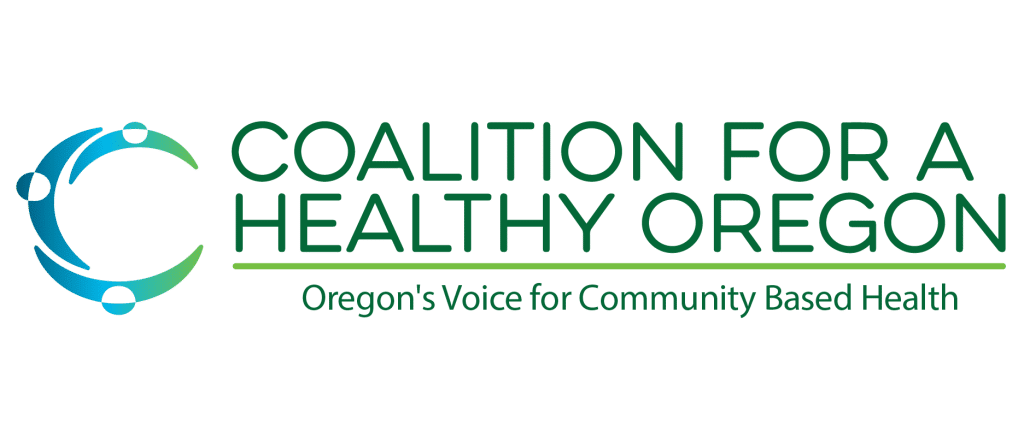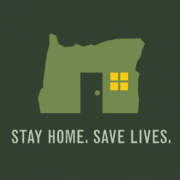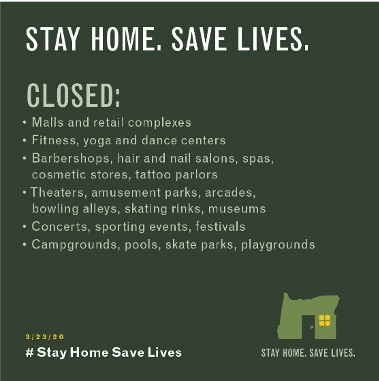Rumor Watch: When will the Oregon Legislature Hold Session?
Oregon Legislators were due for a special session before the novel coronavirus pandemic hit our doorstep to address unfinished business from the 2020 Short Session. Little was accomplished in the short session due to partisan walkouts, and critical budgets remain unpassed. Now that legislators and other public officials are working on economic relief from the COVID-19 pandemic, pressure to call a special session continues to rise.
This begs the question, when will the Governor call a special session, and what legislation will be considered? Will any of the 250+ unpassed bills from last session make a comeback, or will we be focusing solely on the crisis at hand?
We know the Legislature created a Joint Committee on Coronavirus Response, which includes a roster of 16 legislators called upon to assemble a stimulus package for the State of Oregon. This committee held four separate meetings in which legislators heard from industry leaders, agency directors, and experts. Members of the public were encouraged to submit written testimony for legislators to consider.
Now that our legislators have all the information and recommendations they need, it’s time to get down to crafting legislation in the form of a stimulus package. Our sources have shared that the Legislature is working around the clock to find solutions to support Oregonians through this time. It is our understanding that despite the differences our legislators have had in the past, they are working to create a bipartisan bill that will garner support from all legislators even before a special session is called. We are hopeful the Legislature can come to an agreement in the next week or two and call for a single-day session before mid-April.
Do we think that Leadership will allow legislation other than the coronavirus stimulus package? Maybe. But only if that legislation is fully bipartisan and will not cause tension between the parties.








 Residents should and can: stay home as much as possible, stay at least 6 feet away from others when you go out, go out for essentials like groceries and medical care, exercise outside like hiking and biking as long as you can maintain your 6 foot distance from others, and drop food off to neighbors who can’t go out.
Residents should and can: stay home as much as possible, stay at least 6 feet away from others when you go out, go out for essentials like groceries and medical care, exercise outside like hiking and biking as long as you can maintain your 6 foot distance from others, and drop food off to neighbors who can’t go out.

